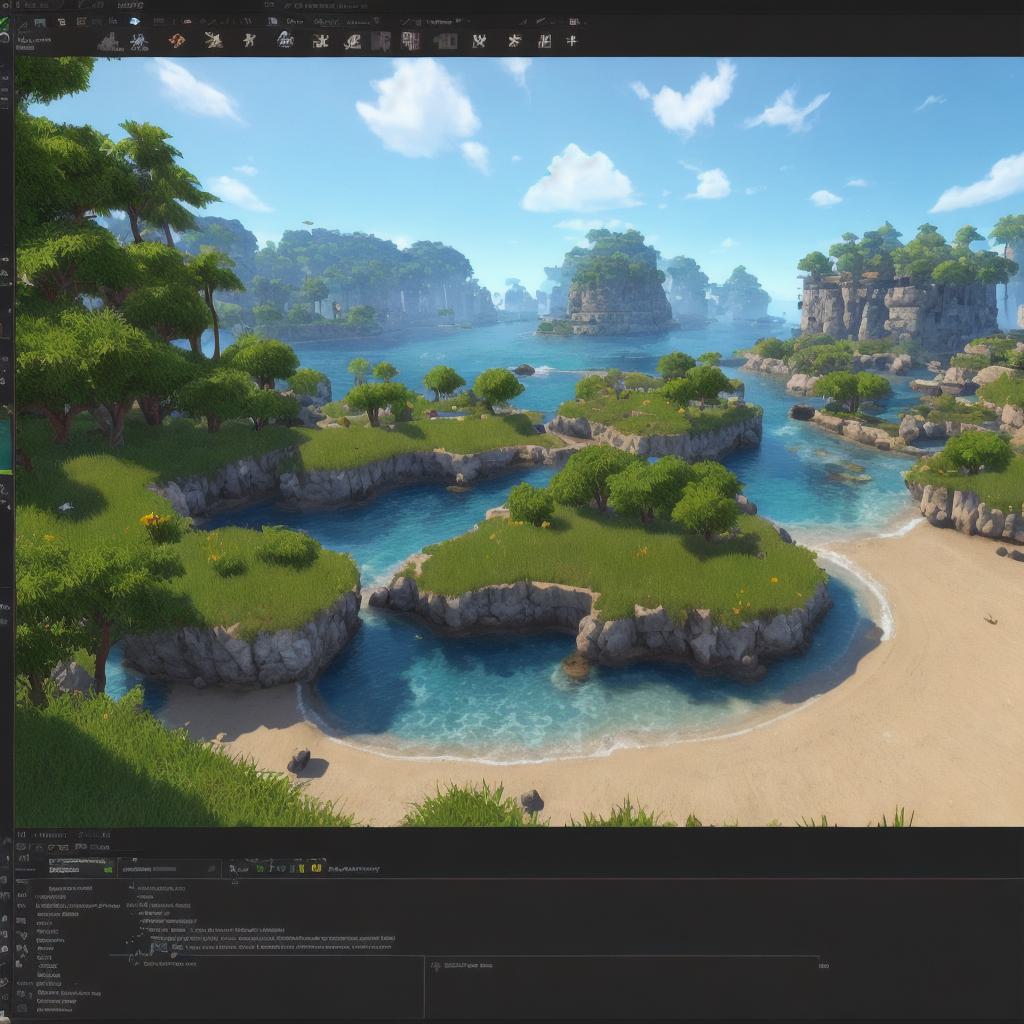Unity is a powerful game engine that allows developers to create engaging and immersive games. With its intuitive interface and powerful capabilities, Unity makes it easy to bring your game ideas to life. In this comprehensive guide, we’ll walk you through everything you need to know to get started with C Unity game development.
What is Unity?
Unity is a popular game engine that allows developers to create 2D and 3D games for various platforms, including PC, mobile, consoles, and virtual reality (VR) devices. It’s an open-source platform with a large community of developers and resources available online to help you learn and get started.
What is C?
C (pronounced "see sharp") is a programming language developed by Microsoft that is used to create games, applications, and web services. It’s an object-oriented language that runs on the .NET platform and has a syntax similar to other popular languages like Java and C++.
Why Choose Unity with C?
There are several reasons why Unity with C is a great choice for game development:
- Intuitive Interface: Unity has an intuitive interface that makes it easy to create games, even if you have no programming experience. It comes with a built-in script editor and a drag-and-drop feature that allows you to create your game without writing any code.
- Powerful Capabilities: Unity is a powerful platform that allows you to create games for various platforms with ease. It supports 2D and 3D graphics, physics engines, networking, and more, making it a great choice for creating complex games.
- Large Community: Unity has a large community of developers who share their knowledge and resources online. This makes it easy to find help if you’re stuck or need advice on how to improve your game.
- Cross-Platform Support: Unity supports multiple platforms, including PC, mobile, consoles, and VR devices. This means you can create a game once and deploy it across multiple platforms, saving time and effort.
Getting Started with C in Unity
Now that we’ve covered the basics let’s dive into how to get started with C in Unity:

- Install Unity: The first step is to install Unity on your computer. You can download it from the official website and follow the installation instructions provided.
- Create a New Project: Once you have installed Unity, create a new project by going to "File" > "New" > "Project". Choose the template that suits your needs, whether it’s 2D or 3D game, and click "Create".
- Write Your First Script: Now that you have created a new project, it’s time to write your first script in C. Go to "Assets" > "Create" > "C Script" and name it something descriptive like "PlayerController". Open the script editor and start writing your code.
- Add GameObjects: To create game objects in Unity, go to "GameObject" > "3D Object" or "2D Object", depending on whether you want to create a 2D or 3D object. You can also add prefabricated game objects from the library by going to "Window" > "Library".
- Attach Scripts: Once you have created your game objects, attach scripts to them by dragging and dropping the script file onto the game object in the scene view.
- Compile and Run: Finally, compile and run your game by clicking on the "Play" button in the toolbar or pressing F5. You should now see your game running in the editor.
Tips and Tricks for Successful Unity Game Development with C
Here are some tips and tricks to help you succeed in Unity game development with C:
1.
